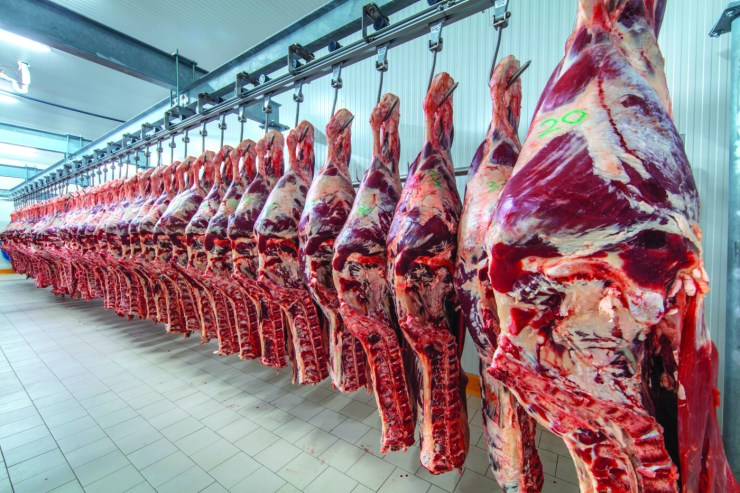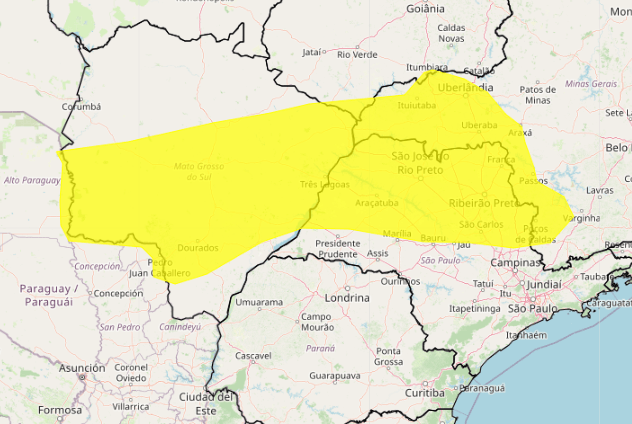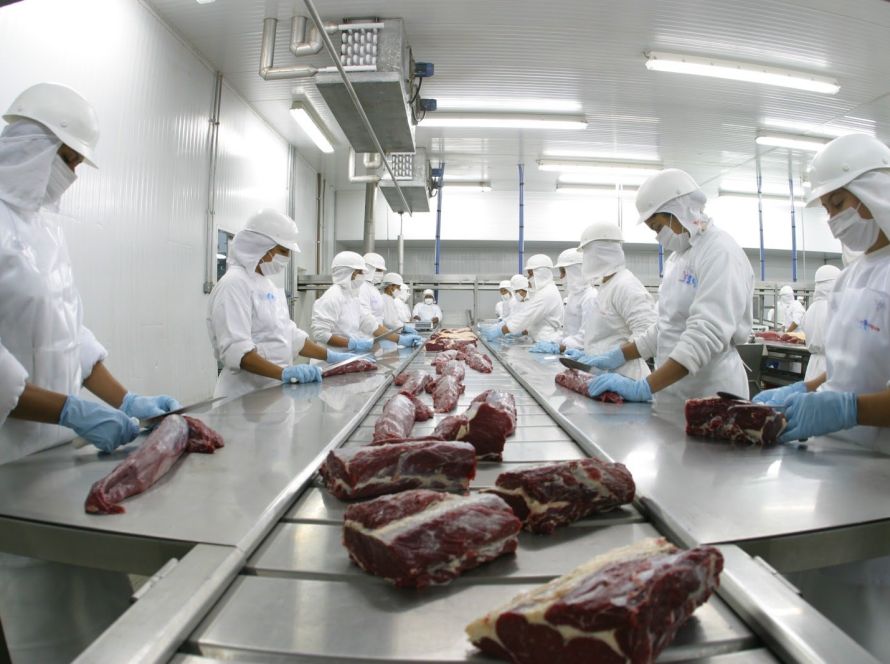At the request of the rural production sector, Governor Mauro Mendes signed into law Bill No. 975/2025, authored by State Representative Gilberto Cattani, which repeals Article 27 of Law No. 12.717/2024 and eliminates the tax on the use of irrigation systems in Mato Grosso. The decision was celebrated by the Mato Grosso Agriculture and Livestock Federation (Famato), which played a decisive role in guiding this demand through to its final approval.
Famato acted technically and strategically throughout the process, listening to producers, gathering detailed information, and engaging with lawmakers to demonstrate the negative impacts of the tax. The organization emphasized that the tax, which in some cases exceeded R$1,500,000 per hectare, added another burden to production costs at a time when farmers are already facing challenges with tight margins, rising input costs, and the need for constant investment in technology and sustainability.
"This is another victory for the production sector. Irrigation is an essential tool for ensuring productivity and food security, especially in a state that must contend with irregular climate conditions. Famato mobilized its technical team, which presented solid data and arguments, and was heard. We thank Congressman Gilberto Cattani for his sensitivity to the issue and Governor Mauro Mendes for the sanction that corrects a harmful distortion," stated Famato president Vilmondes Tomain.
State Representative Gilberto Cattani, the bill's author, emphasized that the measure aims to correct an error in the previous legislation. He argued that the tax imposed by Law No. 12.717/2024 was inappropriate and directly affected the viability of irrigation projects, which are crucial for increasing agricultural productivity. "The repeal represents a relief for producers and reaffirms the legislature's commitment to strengthening agribusiness in Mato Grosso," he emphasized.
For analysts at the Federation's Technical Center, irrigation is one of the most important technologies for the development of modern agriculture, allowing for stable production even during droughts. With the tax revocation, producers will have greater security to continue investing in systems that contribute to the sustainable growth of Mato Grosso's agriculture.





